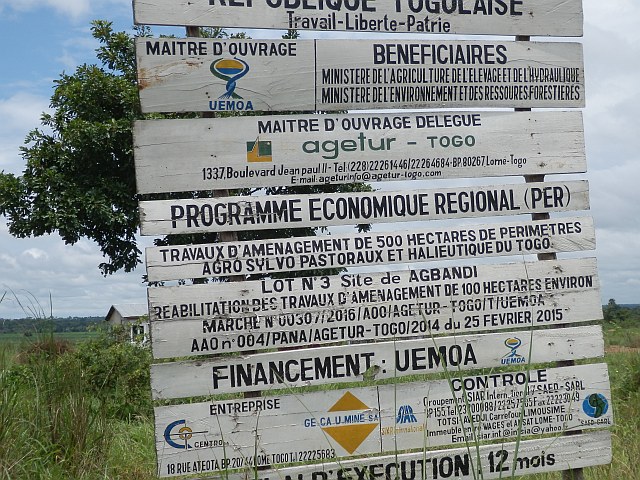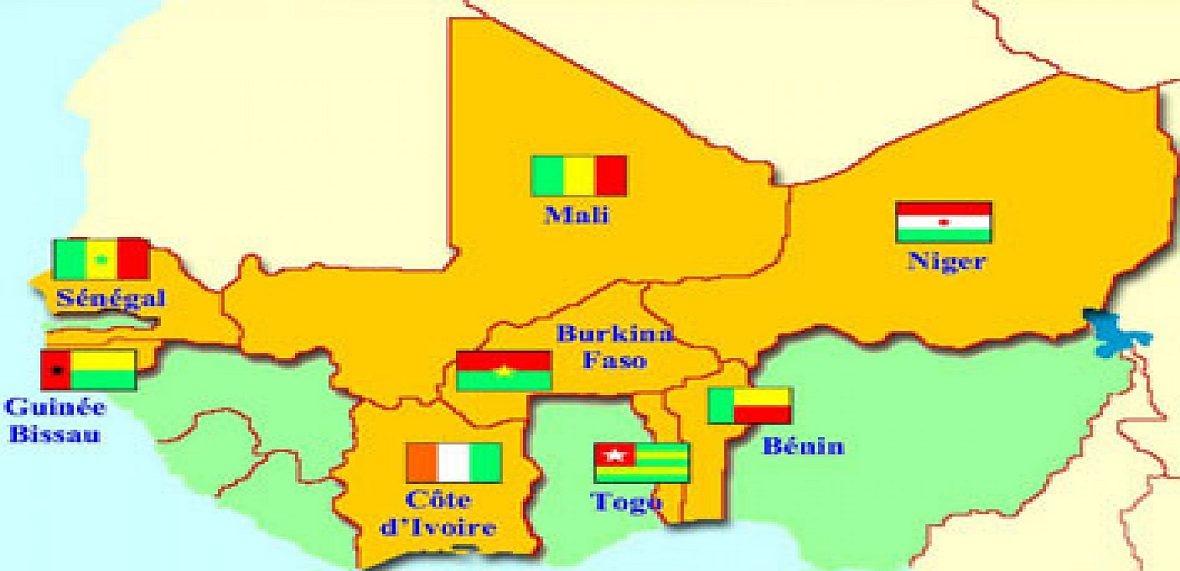The workshop examined and validated the study's provisional report.
The status of implementation of SDG 6 in member states, the assessment of the decade of implementation of the PCAE in the field of water and sanitation, the mechanism for monitoring the various SDG 6 indicators, and the action plan at regional level were all examined.
The meeting brought together experts from member states in charge of implementing the water and sanitation-related SDGs and planning issues, representatives of the WAEMU Commission and the Global Water Partnership West Africa (GWP-WA), and experts from EAR-EMERGENCY/LUCIOLE Conseils.
According to Mr Kako NUBUKPO, Commissioner in charge of the Department of Agriculture, Water Resources and Environment (DAREN) of the WAEMU Commission, "the WAEMU Commission has drawn up two regional monitoring reports for the National Development Plans and Poverty Reduction Strategies (NDP/PRS) in 2020 and 2021, focusing on the Sustainable Development Goals. Although these reports include information on the implementation of the SDGs in general, the Commission felt it necessary to report specifically on the situation regarding SDG 6".
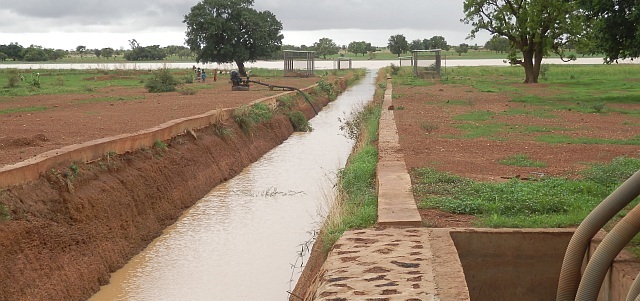
On the state of implementation of SDG6 in member states:
- For water and sanitation: significant efforts by member states have resulted in slow growth of 1%/year for the rate of access to drinking water and 0.8%/year for the rate of access to improved sanitation of wastewater and excreta. By December 31, 2022, 92% of the urban population and 72% of the rural population in the WAEMU area will have access to a drinking water service that is safely managed. In addition, 72% of the urban population and 30% of the rural population will have access to an improved sanitation service. At this rate, no WAEMU member state will reach the targets of MDG 6 (drinking water and sanitation) by 2030;
- For IWRM: an overall average performance across the whole WAEMU area, if we consider all the dimensions retained in the implementation of IWRM in the member states. Disparities in IWRM implementation in the member states have been observed, with two classes of performance emerging: those states that are relatively advanced in the process, and those that are less so. Generally speaking, it should be noted that major challenges remain to be met in all member states, with the risk that the targets set out in MDG 6 will not be reached by 2030.
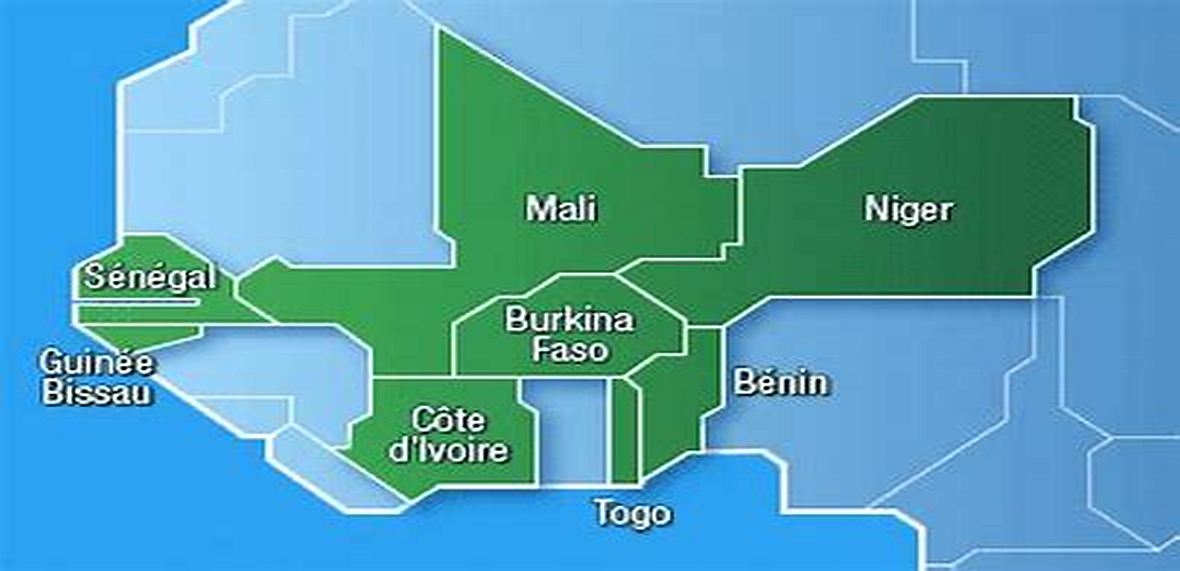 With regard to the PCAE in the field of water and sanitation, it should be noted that this policy has been implemented through three (03) structuring programs in the member states in the fields of drinking water and sanitation. These are the Village Hydraulics Program (PHV), the IDB-WAEMU Rural Hydraulics and Sanitation Program and the Multi-purpose Hydraulic Development Program (PAHM). Worth a total of 110.406 billion FCFA, the implementation of these programs has improved access rates to drinking water and sanitation by 6.0% and 1.7% respectively.
With regard to the PCAE in the field of water and sanitation, it should be noted that this policy has been implemented through three (03) structuring programs in the member states in the fields of drinking water and sanitation. These are the Village Hydraulics Program (PHV), the IDB-WAEMU Rural Hydraulics and Sanitation Program and the Multi-purpose Hydraulic Development Program (PAHM). Worth a total of 110.406 billion FCFA, the implementation of these programs has improved access rates to drinking water and sanitation by 6.0% and 1.7% respectively.
With regard to the monitoring and evaluation mechanisms for SDG 6, the WAEMU intervention monitoring mechanism is based on a governmental oversight committee, a technical committee for coordinating SDG monitoring, and four (04) thematic groups covering all 17 SDGs. The workshop identified, among other things, the need to describe existing monitoring-evaluation mechanisms for SDG6 at global, African, regional and national levels (for each member state), the need to identify the strengths and weaknesses of SDG6 monitoring-evaluation mechanisms, which will help to highlight bottlenecks and unfulfilled commitments by member states, and the need for capacity-building and technical and financial support for national SDG 6 monitoring-evaluation mechanisms.
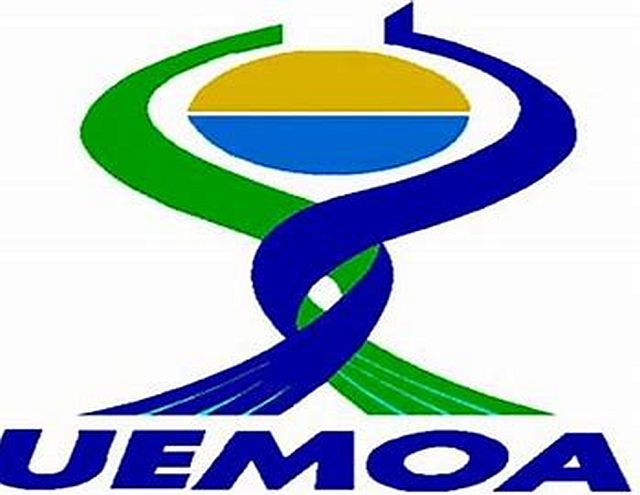 The WAEMU regional action plan in support of member states has been formulated in four (04) programs for a total amount of 1,321.76 billion CFA francs. These are program 1: Access to public drinking water services managed in complete safety, program 2: Access to improved public sanitation services, program 3: Operationalization of Integrated Water Resources Management and program 4: Support for Thematic Groups in charge of monitoring and evaluating indicators linked to WAEMU interventions. At this level, the workshop recommended, among other things, the need to draw up an action plan taking into account strategic and operational aspects, security challenges, emergency WASH (access to water and sanitation for internally displaced persons), and the securing of water supply facilities and water sources.
The WAEMU regional action plan in support of member states has been formulated in four (04) programs for a total amount of 1,321.76 billion CFA francs. These are program 1: Access to public drinking water services managed in complete safety, program 2: Access to improved public sanitation services, program 3: Operationalization of Integrated Water Resources Management and program 4: Support for Thematic Groups in charge of monitoring and evaluating indicators linked to WAEMU interventions. At this level, the workshop recommended, among other things, the need to draw up an action plan taking into account strategic and operational aspects, security challenges, emergency WASH (access to water and sanitation for internally displaced persons), and the securing of water supply facilities and water sources.
